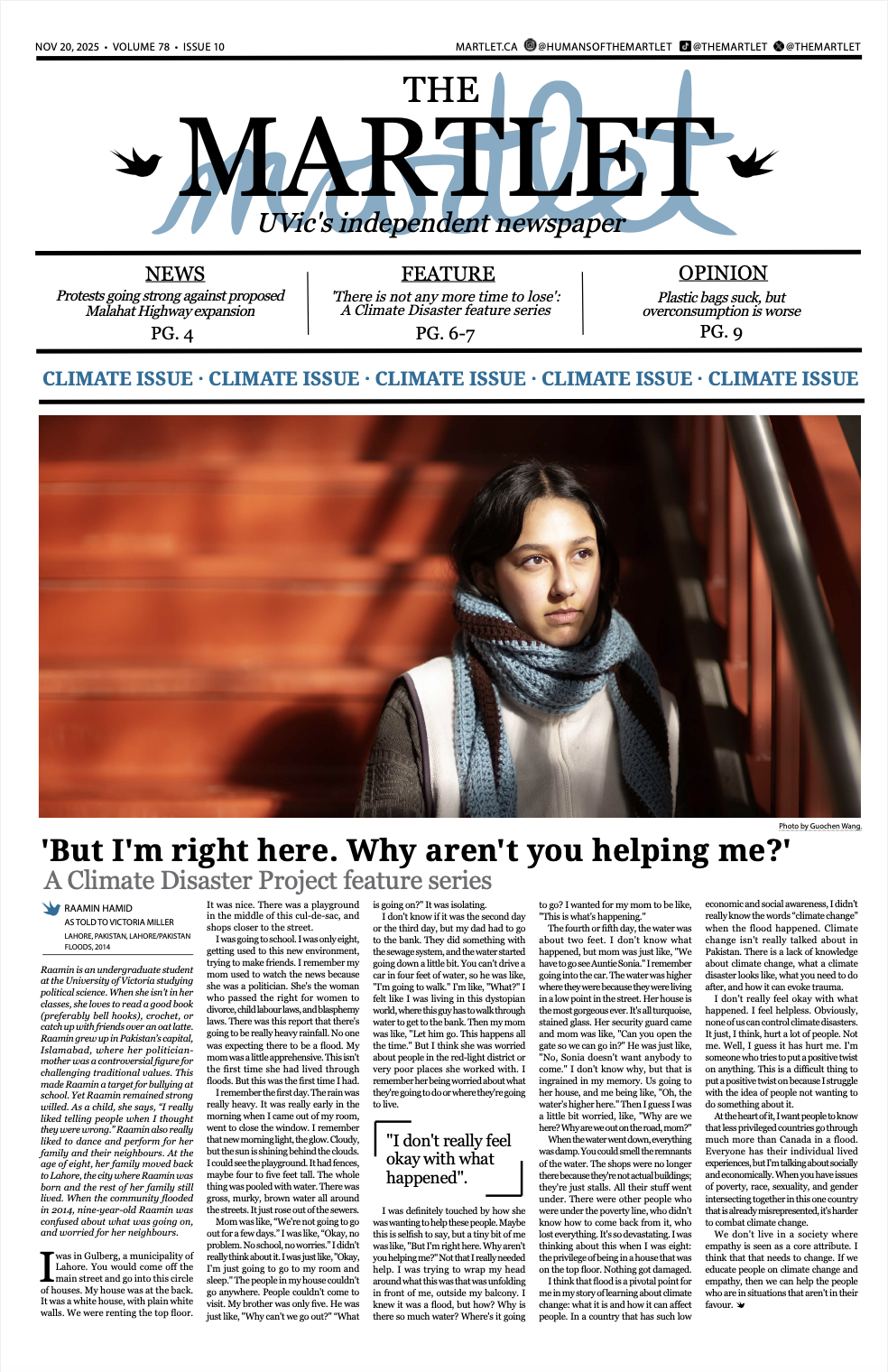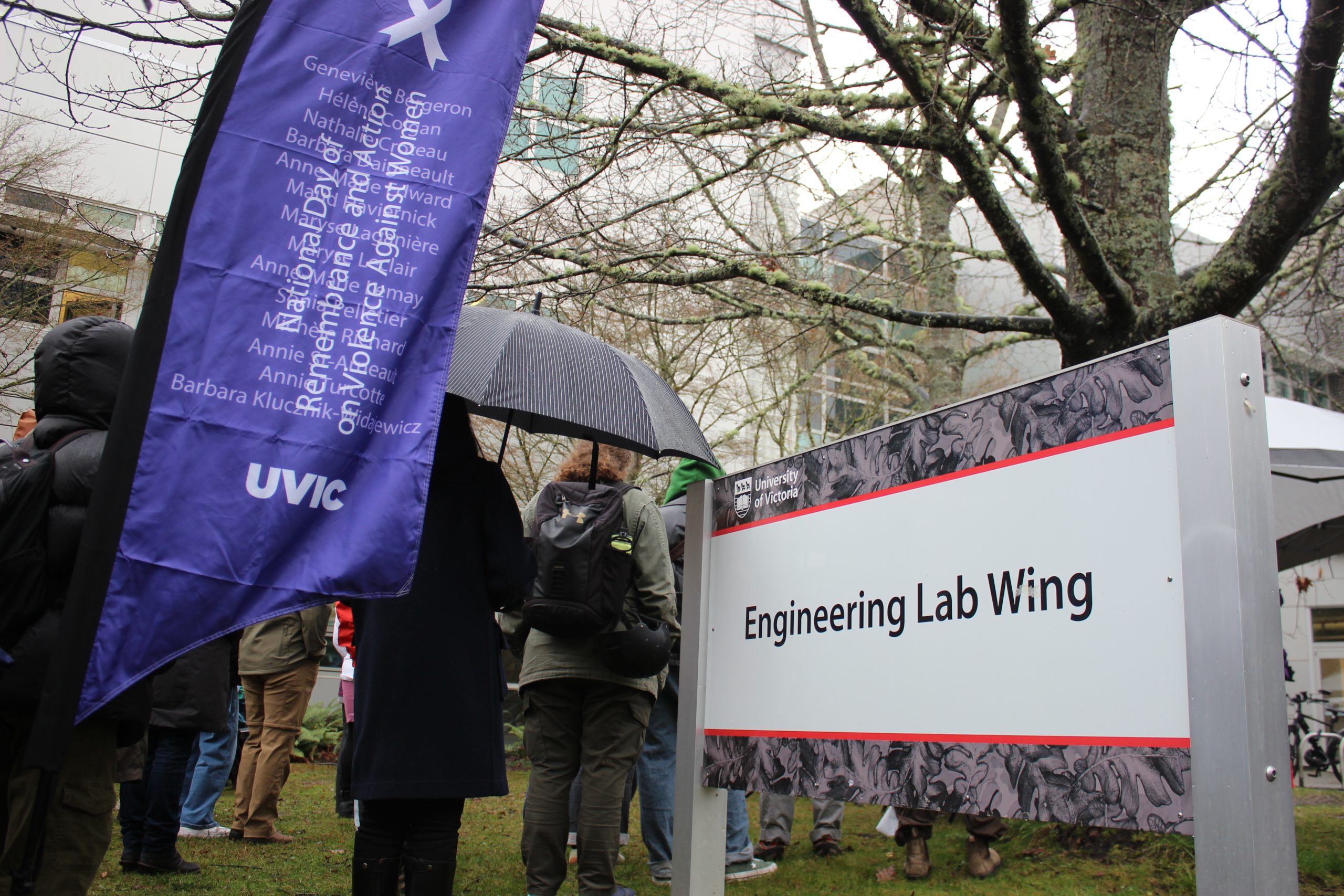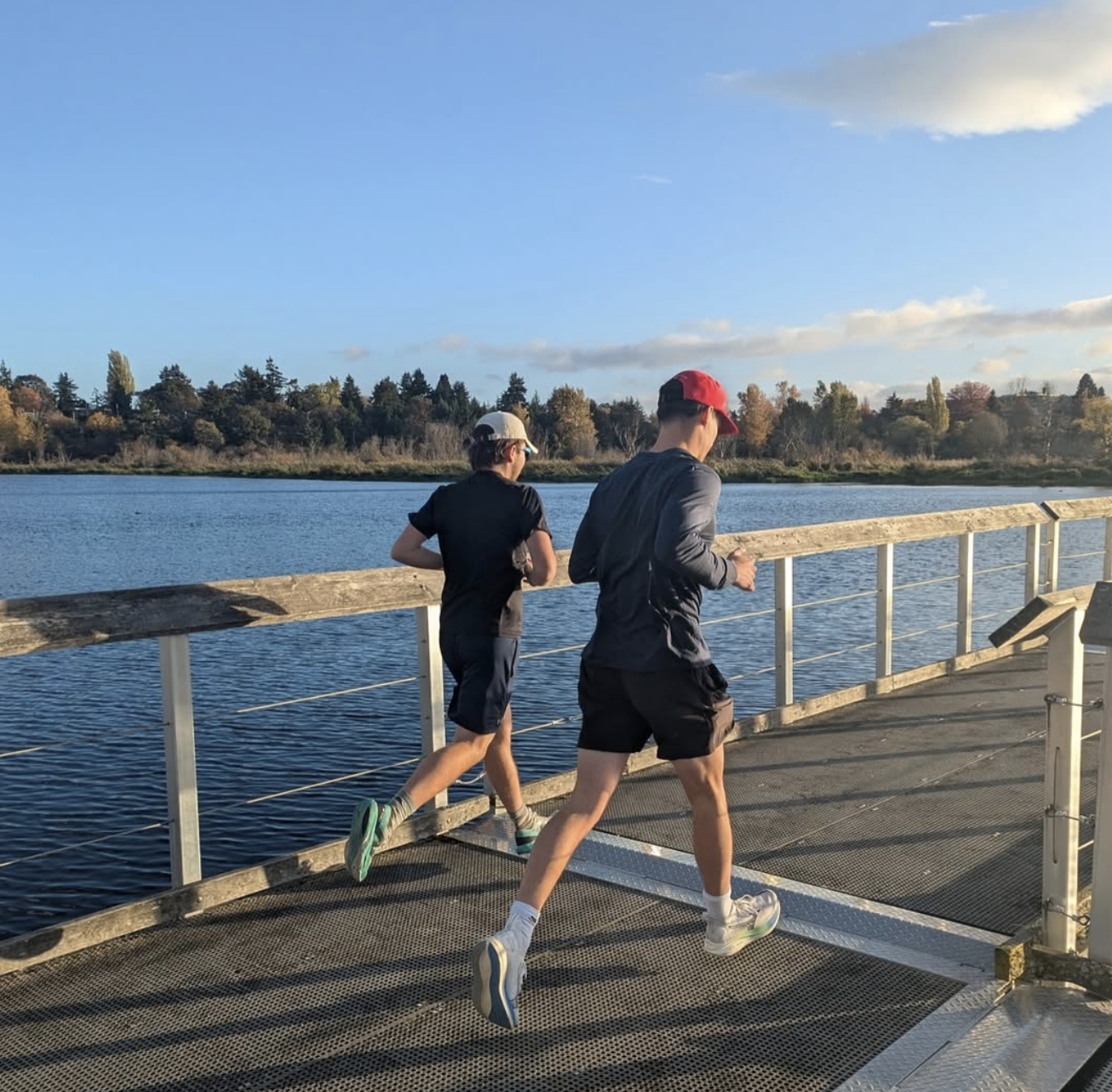I’m told it’s advisable to tell you who I am and why you should listen to my ideas. I personally would rather not do that, for the simple reason that to do so might invoke the “appeal to authority” fallacy, in what is supposed to be a column about science and rationality, and their application to students. So rather than give you my life’s story, I’d simply hope that you examine the ideas I bring up, do some research on the facts I present, and write back to the Martlet, in a letter to the editor, your thoughts on the issues written about here.
Now that’s out of the way, on to this week’s topic. On Sept. 16, 2013, a group called “Stand Up for Science” orchestrated protests in 17 cities across Canada, protesting the Canadian government’s recent attacks on certain branches of science. Of course, these attacks are nothing new. The Harper government’s attacks on science go back several years, and they appear to be part of a larger governmental culture in this country that seems to consider science as something to be put on the back burner at best, and something inherently threatening at worst.
The attacks go back as far as 2008, when a Listeriosis outbreak from tainted meat killed 22 people. A biologist working for the Canadian Food Inspection Agency (CFIA), Luc Pomerleau leaked a document before the attack, saying that the federal government was going allow food-processing companies to do their own in-house food safety inspections and just have food inspectors in an administrative role. He was fired for leaking the document, and then, due to failure to actually stop what he blew the whistle about, 22 people died.
Next, in August of 2011, Dr. Kristi Miller of the Department of Fisheries and Oceans (DFO) came out and talked about how her research into salmon farms and the B.C. salmon collapse of 2009 was muzzled. The Privy Council office had prevented her from conducting interviews with the press on a paper she had published in the journal Science, stating that the ISA (infectious salmon anemia) virus had been found in salmon in B.C., contrary to the claims of the federal government, as well as a lethal virus in both farmed and wild salmon known as a rheovirus.
In September 2011, Dr. David Tarasick published a report in the journal Nature stating that the ozone hole above Antarctica was the largest it had been in recorded history. Environment Canada forbade him, however, from speaking to reporters on the details of the report or why the hole was so big.
The culmination so far of these suppressions of science is requiring scientists from Environment Canada to get permission of the Prime Minister’s Office before they can speak to the press on climate change and other environmental issues, and scientists working for the DFO need permission before submitting any reports to scientific journals.
How does this affect students? And how is this part of a larger anti-science culture? Well, beyond the likelihood that our food supplies, and world, are being destroyed by viruses and climate change respectively, how about the precedent it sets, wherein if a government starts shutting down science in one area, they might as well do it in others. For example, as of Aug. 24, 2013, the Centre of the Universe exhibit at the Victoria Observatory was shut down due to Harper’s government cutting the funds to it. This means that there will be one less exhibit to inspire the next generation to get into the hard sciences like astronomy. Also, such sheer distain for science, and for education in general, is probably no more directly visible than effects in the cloud chamber in the Elliot Building, here at UVic. It is supposed to show streaks of ionized isopropyl alcohol chains caused by muons generated in the upper atmosphere that fall to earth. I went to see Dr. Justin Albert of the Physics Department, whose project this was, and asked him why I couldn’t see any of those streaks in the cloud chamber. He said that it needs some tender loving care to calibrate it properly, and both he and the guy who is paid to calibrate it have too much else to do. He said, in essence, roughly paraphrased, that the UVic Physics Department is understaffed, underfunded, overworked, and they’re not hiring any new faculty for a while.
With funding cuts to science, and its suppression, how are students to gain necessary information on what is actually happening in our world and universe? And how are they to interact with that lack of information, in a world getting more dangerous and complex all the time? The answer is to try to find the truth, stand up for scientific freedom and integrity, and use it and empirical rationalism as the basis for decision making in day-to-day life. Stay tuned to this column for more science-related details, and advice on how to try and cope, as a rational student in an irrational world.








